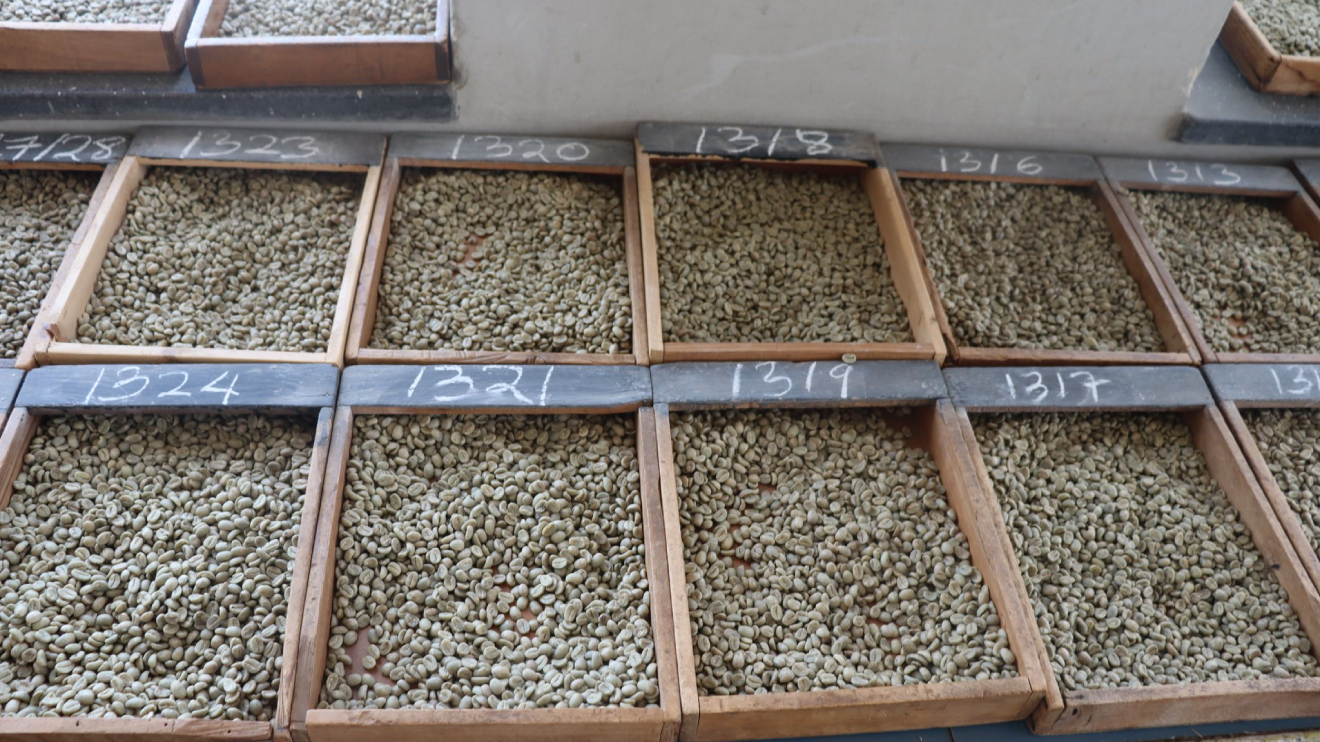The European Union (EU), in a bid to combat global deforestation, is implementing stricter regulations that will significantly impact Kenyan coffee exports.
The new EU Deforestation Regulation (EUDR), taking effect on December 30th, 2024, prohibits the sale of coffee linked to deforestation within the EU market.
This new regulation represents a major challenge for Kenya, where seven out of its top ten coffee markets reside in the EU.
Germany (14.5 per cent), Belgium (12.4 per cent), and other European nations are major importers of Kenyan coffee, according to the Observatory of Economic Complexity.
The EUDR's focus on traceability, requiring companies to prove their products originate from deforestation-free land, necessitates stricter checks by European buyers on the source of their Kenyan coffee.
Read More
The EUDR aims to tackle deforestation's global impact on greenhouse gas emissions and biodiversity loss.
Under the regulation, companies dealing in coffee, along with other commodities like soy and palm oil, must demonstrate traceability through land-based geographic coordinates.
The EU emphasizes the importance of traceability, stating, "traceability to the land is necessary to demonstrate that there is no deforestation occurring on a specific location."
Kenyan coffee farmers, facing a rapidly approaching deadline, are urging the government to accelerate the mapping of geographical coordinates for their coffee-growing land.
This mapping is crucial for complying with the EUDR's traceability requirements.
With the implementation date approaching, the race is on to ensure Kenyan coffee remains accessible to European consumers while adhering to the EU's new environmental standards.









 shares a light moment with the company's Group CEO Dr Patrick Tumbo (right) at a past event-1758121528.jpeg)
-1758116028.jpeg)

